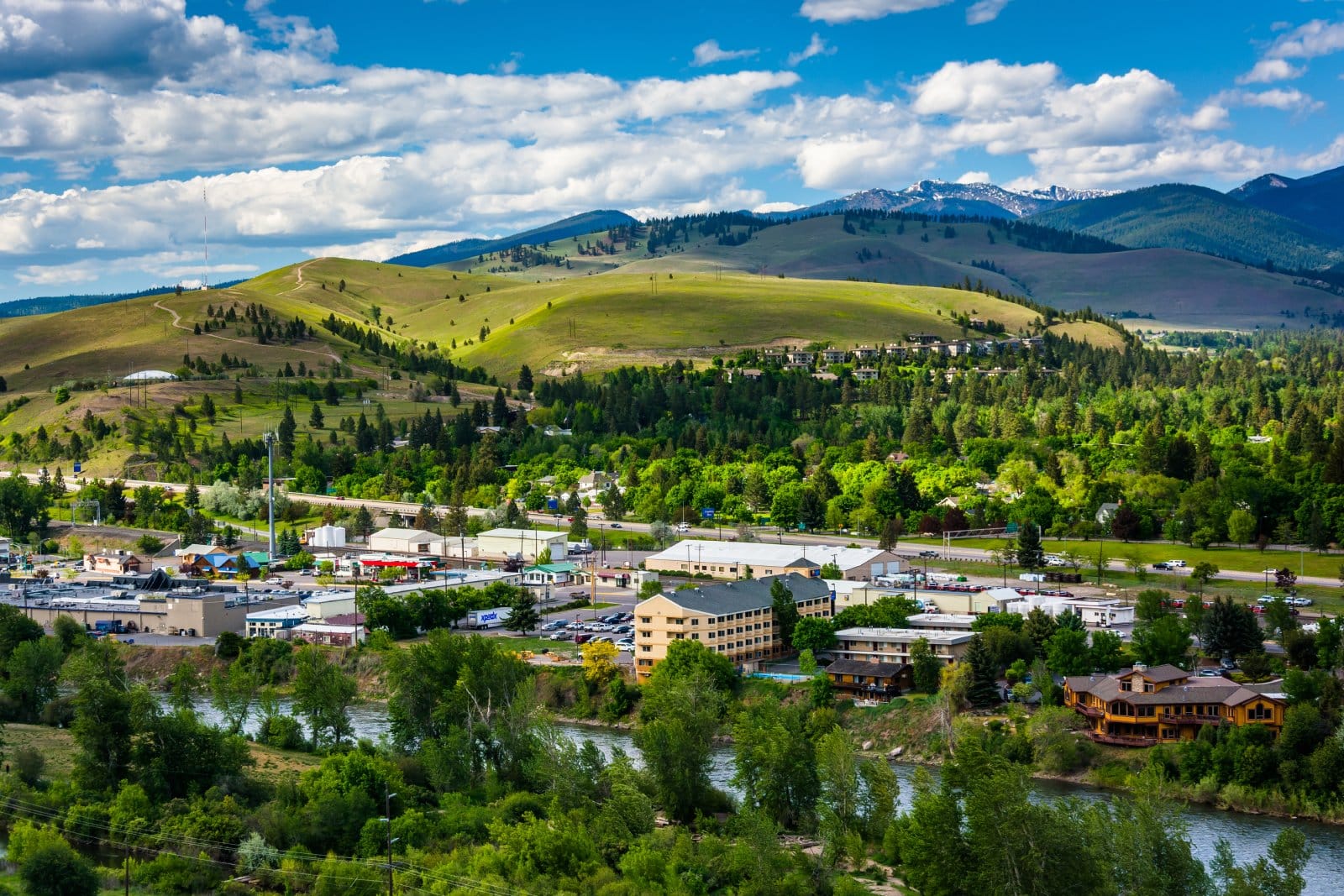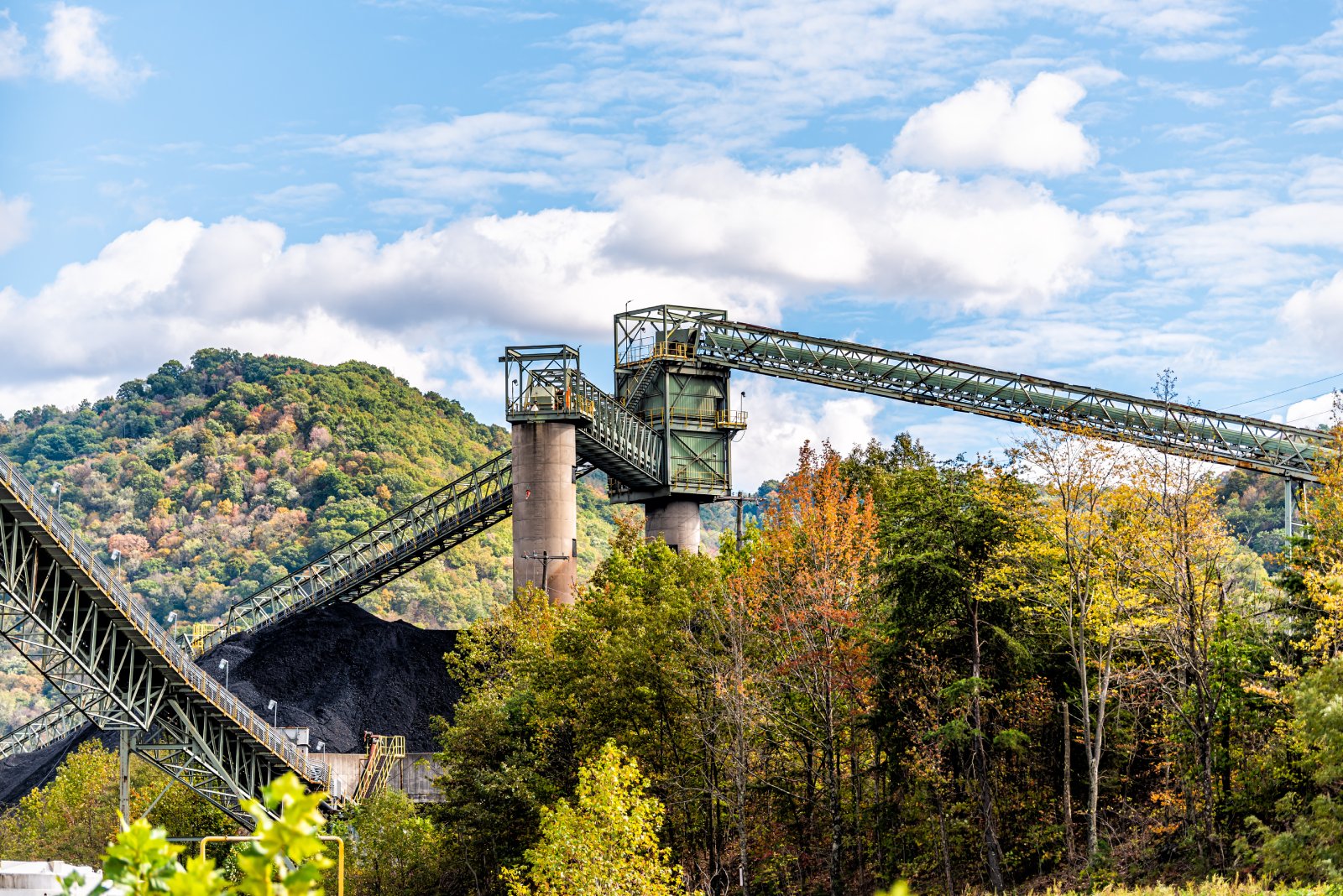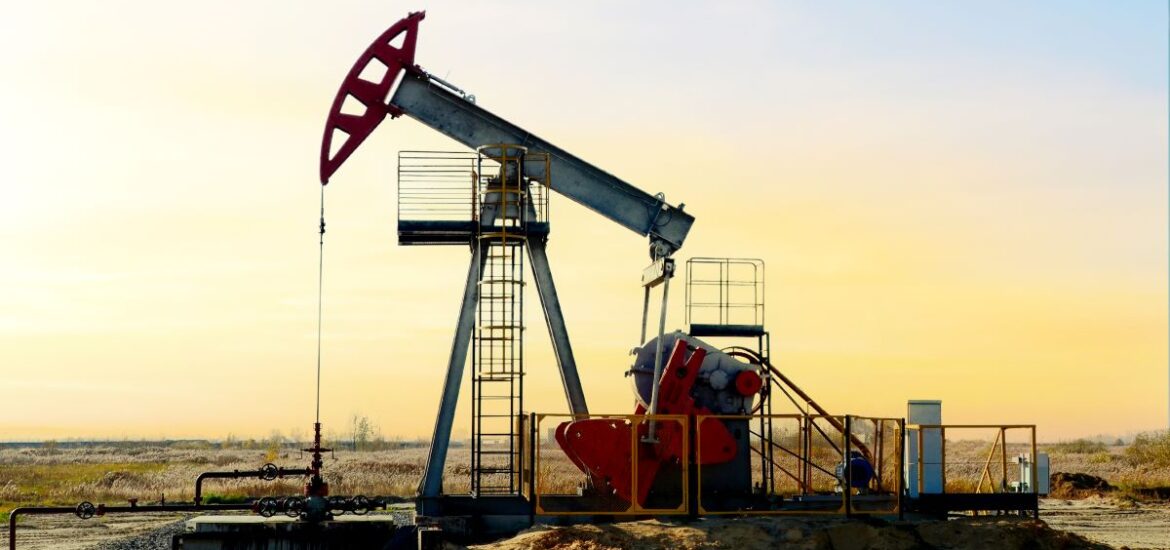In the realm of U.S. energy production, fossil fuels continue to play a pivotal role in driving local economies and supporting jobs. From vast coal reserves to booming oil fields, these states exemplify the deep integration of traditional energy sources in their economic fabric. Let’s explore the states with the heaviest reliance, counting down from those with substantial dependence to those at the absolute pinnacle.
12. Montana

Kicking off our countdown, Montana relies on fossil fuels for about 60% of its energy needs. The state taps into its vast coal reserves to fuel both its economy and its power grids.
11. Colorado

Colorado has about 65% of its energy production tied to fossil fuels. Coal and natural gas are key contributors, maintaining energy stability while the state gradually embraces more renewable sources.
10. Alabama

Alabama’s reliance on fossil fuels, primarily coal and natural gas, accounts for 72% of its energy output. This approach supports a robust energy sector and numerous local jobs.
9. Ohio

With 78% of its energy generated from fossil fuels, Ohio supports its substantial manufacturing and industrial sectors through reliable energy from coal and natural gas.
8. Nebraska

Nebraska’s energy production is 73% dependent on fossil fuels. The state leverages these resources to provide reliable and cost-effective power across its rural and urban areas.
7. Utah

Utah utilizes its local coal reserves extensively, with fossil fuels making up about 70% of its energy production. This supports both the state’s energy independence and its economic growth.
6. Missouri

Missouri’s energy sector is heavily reliant on coal, which constitutes 82% of its electricity production. This reliance ensures energy affordability and availability throughout the state.
5. North Dakota

North Dakota, a leader in the U.S. oil industry, derives 79% of its energy from fossil fuels. The state’s economic boom is closely tied to its oil and natural gas exploitation.
4. Indiana

Indiana’s reliance on coal for about 75% of its energy highlights its commitment to cost-effective and locally sourced energy solutions that support its substantial industrial base.
3. Kentucky

Kentucky is deeply connected to the coal industry, with 83% of its energy sourced from fossil fuels. The state’s economy and culture are intertwined with coal mining.
2. West Virginia

In West Virginia, 93% of power generation comes from coal and natural gas. The state’s identity and economy are heavily defined by its status as a traditional energy powerhouse.
1. Wyoming

Leading the pack, Wyoming’s energy landscape is dominated by coal, which alone accounts for 86% of its energy production. Wyoming’s reliance on fossil fuels is integral to its economic structure, emphasizing its role as the nation’s leader in energy exports and coal mining.
Toward a Sustainable Future

As we’ve seen, the reliance on fossil fuels is deeply embedded in many state economies and is critical to local livelihoods. However, the move towards renewable energy sources is gaining momentum, offering hope for a more sustainable and environmentally friendly future. With advancements in technology and growing environmental awareness, these states have the potential to lead the way in energy transformation, creating a balance between economic growth and ecological responsibility.
Featured Image Credit: Shutterstock / Maksim Safaniuk.
The content of this article is for informational purposes only and does not constitute or replace professional advice.
The images used are for illustrative purposes only and may not represent the actual people or places mentioned in the article.
For transparency, this content was partly developed with AI assistance and carefully curated by an experienced editor to be informative and ensure accuracy.
